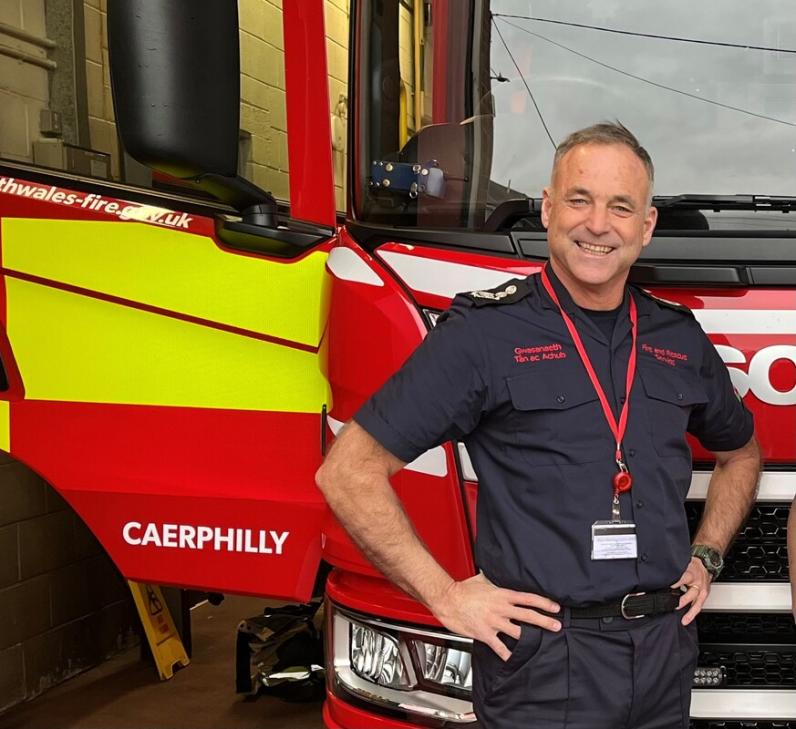
A study by the Royal Marsden NHS Foundation Trust and the Institute of Cancer Research has proven whole-body MRI scans, which are performed by Diagnostic Radiographers, can detect minuscule traces of multiple myeloma.
Patients with multiple myeloma, an incurable but treatable blood cancer, will benefit from the results of the research, which provides crucial insight into how well patients are responding to treatment and whether they might relapse.
The Image-guided Theranostics in Multiple Myeloma (iTIMM) study, which used the international Myeloma Response Assessment and Diagnosis System (MY-RADS) reporting system, could offer a higher standard for how the complex blood cancer is assessed.
Improving patients' quality of life
Published in theBlood Cancer Journal, the study marks the first prospective attempt to evaluate the value of whole-body MRI in predicting how well multiple myeloma patients respond to treatment.
Its findings prove that whole-body MRI (WB-MRI) can detect residual disease after treatment, known as minimal residual disease (MRD), in bone marrow after treatment, even when traditional blood and bone marrow tests showed no signs of cancer.
By predicting relapse, clinicians are able to improve how they tailor a patient’s treatment.
Multiple myeloma, a cancer of the plasma cells, cannot currently be cured – but treatments can effectively control symptoms, extend remission periods and improve patients’ quality of life.
Scanning without radiation
Patients with signs of MRD on post-treatment scans are significantly more likely to relapse and have shorter overall survival. Current response assessments rely on blood tests, bone marrow biopsies, CT scans and X-rays – but these can miss areas or only detect cancer when it’s too late.
WB-MRI scans, which are performed by diagnostic radiographers, offer a way to scan the entire body without the use of radiation, picking up signs of remaining disease in bone and soft tissue alike.
The study involved 70 patients undergoing a stem cell transplant being scanned via WB-MRI pre- and post-treatment. One in three patients had signs of MRD, and had a median progression-free survival of just 24 months, compared to 42 months for patients with no visible disease on WB-MRI images.
'Important step toward kinder diagnostics'
Professor Christina Messiou, a consultant radiologist at The Royal Marsden NHS Foundation Trust and a professor in imaging for personalised oncology at the Institute of Cancer Research in London, was the chief investigator on the study.
She said: “This study shows that whole-body MRI gives us valuable information about how well the myeloma has responded to treatment that other tests may miss. It’s exciting that we now have a standardised, non-invasive imaging method that can be used across cancer centres.
“WB-MRI doesn’t involve radiation or intravenous injections, which is important for patients who may require lifelong monitoring. This is an important step towards smarter and kinder precision diagnostics for patients with cancer.”
'Allowed me to continue serving my country'
Air vice-marshal (Retd) Fin Monahan, chief fire officer South Wales Fire and Rescue Service and patient at The Royal Marsden, was diagnosed with myeloma in 2009 whilst serving in the RAF.
He said: “With the constant threat of relapse, Myeloma patients are in a long term mental battle with this insidious disease. However, being part of the whole body MRI scan study at The Royal Marsden allowed my cancer to be closely watched and resulted in me being treated sooner than I would have been under normal protocols.
“This not only extended my life but after diagnosis, I returned to flying jets and to active operational duties. I would eventually not be allowed to fly on medical grounds due to myeloma, but paved the way to establishing the first training programme of Ukrainian forces in 2015, and I was called upon to run NATO air operations after the invasion of Ukraine.
“This cutting edge treatment not only extended my life, but allowed me to continue serving my country.”
The study was supported by the NIHR Biomedical Research Centre at The Royal Marsden and The Institute of Cancer Research, London, The Royal Marsden Cancer Charity, and the Cancer Research UK National Cancer Imaging Translational Accelerator (NCITA).
(Image: Fin Monahan, via the Royal Marsden)
